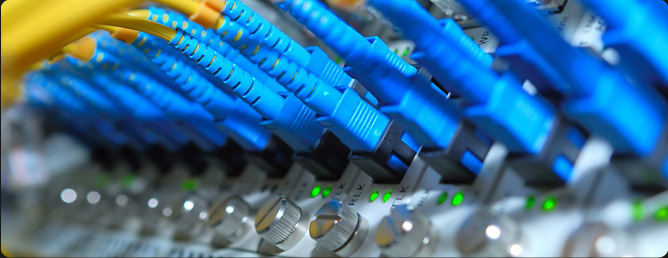In February 2015 the Federal Communications Commission (FCC) agreed to begin regulating broadband internet companies as public utilities. The application of Title II of the Telecommunications Act, 47 CFR §20.15, to Internet providers is intended to create an Internet that is open to all users, without regard to limitations or restrictions imposed by the providers of Internet access. This notion is commonly known as “net neutrality” and it has far reaching effects on the way we access the Internet.
What is the impact of the new net neutrality rules voted on by the FCC? What impact will these rules have on the quality and level of Internet services received going forward? In order to answer these questions, it is important to understand the genesis of the net neutrality debate. It is equally important to know how net neutrality will change the Internet and what the ruling means for broadband and Internet service providers.
The History of the Net Neutrality Debate
The debate over fairness and openness for the Internet (net neutrality) dates as far back as 1999. The term was coined by Harvard law professor, Lawrence Lessig, in a talk entitled Cyberspace’s Architectural Constitution. His talk expounded on the concepts first mentioned in the 1980s that argued for the creation of an “end-to-end” or “e2e” style Internet network that is simple to use with smart applications (the ends would be the network provider on one and the users on the other end). This architecture differentiated the Internet from the commercially driven telephone network that was owned by AT&T.
What Net Neutrality Means for Broadband and Internet Service Suppliers
Providers of high-speed Internet services (e.g. Digital Subscriber Line or DSL, wireless, fiber and broadband; also called ISPs) will be subject to the same regulatory controls as other public utilities, like electric and local telephone companies. The FCC rules, when effective, will level access for all Internet users, regardless of their ability to pay for faster service or greater bandwidth. In effect eliminating the so-called “pay-to-play fast lanes”. Further, providers will not be able to block content that they (the provider) may dislike or in an attempt to stifle competition.
Once such example would be any proposed merger between large ISPs and its impact on content producers. Prior to net neutrality rules, the ability of large ISPs to limit or block certain content that either directly competed with content they produced, or posed a threat of revenue loss, went unchecked. The new rules will give the FCC the tools to discourage anti-competitive behavior, encourage innovation, and foster increased competition.
The Net Neutrality Debate and its Future
There are mixed opinions and theories throughout the industry as to how net neutrality will impact the way ISPs provide access to the Internet. The vote taken by the FCC may be subject to a challenge from Internet providers. One of the largest opponents of net neutrality rules, the Cellular Telephone Industries Association (CTIA) based in Washington, D.C., has gone on the offensive to shape public opinion against the rules. It is uncertain whether the results of the February 26, 2015 FCC vote will prompt a direct legal challenge or Congressional intervention but it appears that the debate on net neutrality may be far from over

